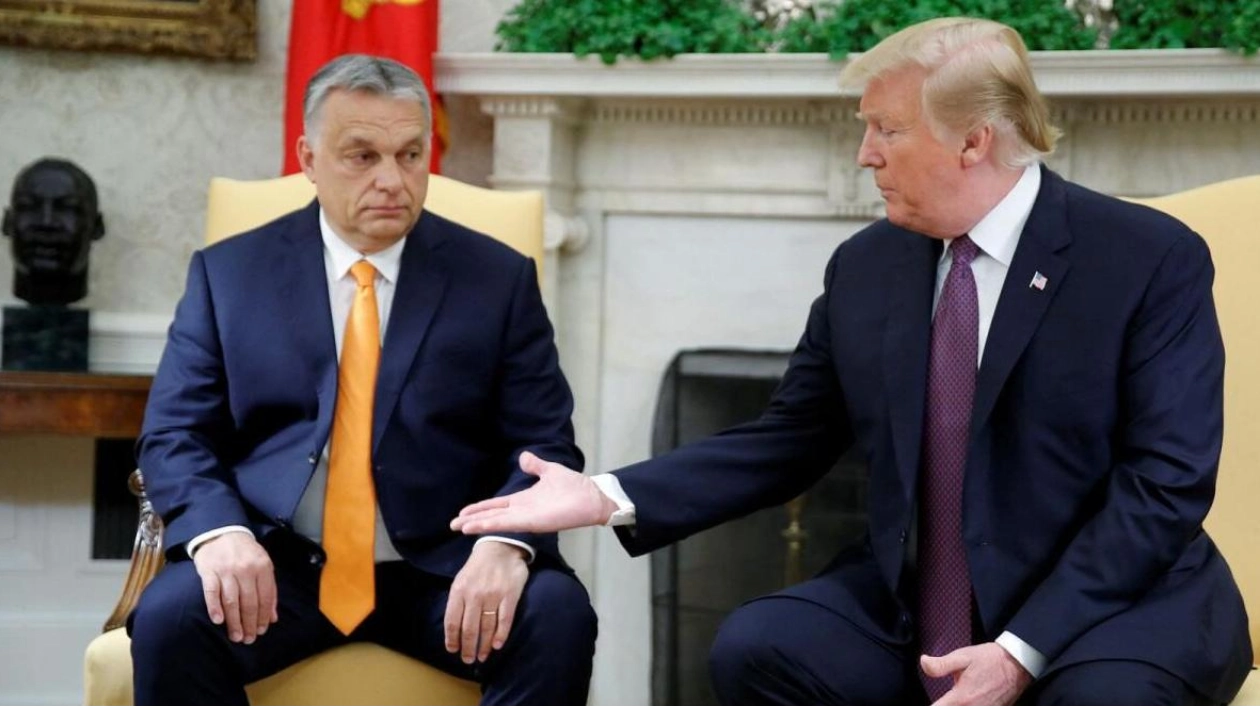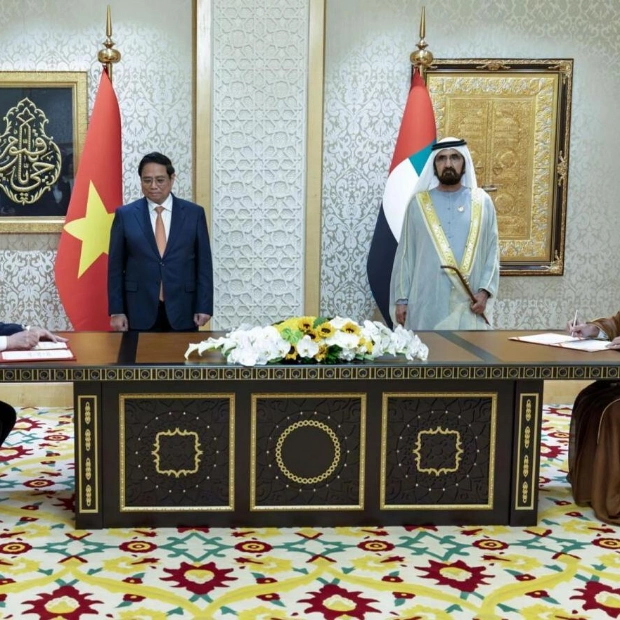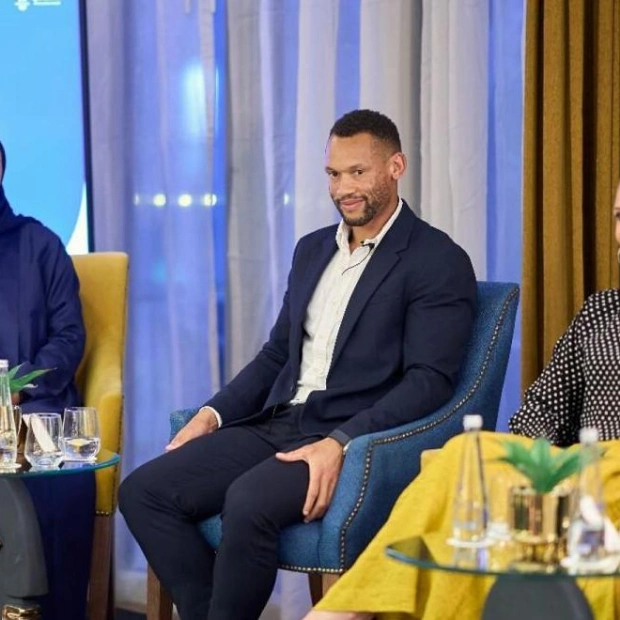US Republican presidential candidate Donald Trump is poised to step in as a peace mediator in the Russia-Ukraine conflict 'immediately' if he wins the November election, according to Hungarian Prime Minister Viktor Orban in a letter to EU leaders. The letter, sent to European Council President Charles Michel and circulated among all EU leaders, was crafted following Orban's discussions with Trump, as well as leaders from Ukraine, Russia, and China.
Orban asserted in the letter, 'I can (...) surely state that shortly after his election victory, he will not wait until his inauguration, (Trump) will be ready to act as a peace broker immediately. He has detailed and well-founded plans for this.' Orban, a nationalist leader and a longtime Trump supporter, embarked on unexpected trips to various capitals in the past two weeks, dubbing it a 'peace mission' after Hungary assumed the EU's rotating presidency.
EU leaders criticized Orban's actions, emphasizing that he lacked the authority to represent the 27-nation EU and that his views were personal. To express dissatisfaction with Hungary's unorthodox diplomatic approach regarding the Ukraine war, which challenges established EU stances, the European Commission took the extraordinary measure of preventing EU Commissioners from participating in meetings hosted by Hungary during its presidency. Some EU member states also plan to send only senior civil servants instead of government ministers to ministerial discussions in Hungary, and 63 European Parliament lawmakers have requested the EU to revoke Hungary's voting rights.
In his letter to EU leaders, Orban noted that US President Joe Biden is 'making immense efforts' to stay in the race and implied that he is 'not capable of modifying the current US pro-war policy.' Orban has consistently criticized European military aid to Ukraine, contrasting with the majority of allies who back Kyiv's war efforts. He argued that a Trump victory would shift the financial support burden for Ukraine from the US to the EU, disadvantaging Europeans.
'Our European strategy in the name of transatlantic unity has copied the pro-war policy of the US. We have not had a sovereign and independent European strategy or political action plan up to now,' Orban stated. He proposed reevaluating whether the continuation of this policy is prudent and suggested 'reopening direct lines of diplomatic communication with Russia' while maintaining high-level contacts with Kyiv and engaging in talks with China about the next peace conference.
Orban's stance contradicts the outcomes of the last EU summit on June 27, where leaders reaffirmed their steadfast commitment to providing ongoing political, financial, economic, humanitarian, military, and diplomatic support to Ukraine 'as long as it takes and as intensely as needed.'






